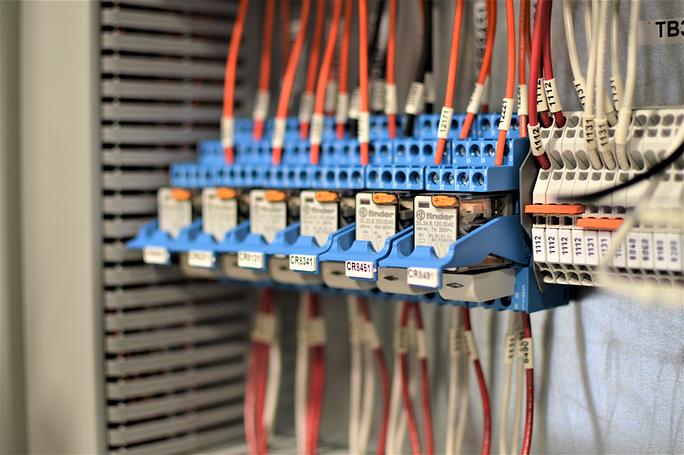In the world of electrical engineering, the use of electrical relays has become indispensable. These small yet powerful devices play a crucial role in various industries, from manufacturing and automation to telecommunications and power systems. In this blog post, we will delve into the reasons why electrical relays are widely used and explore their significance in modern technology.
- Enhanced Safety and Protection:
One of the primary reasons for using electrical relays is to ensure safety and protection in electrical systems. Relays act as a barrier between high-power circuits and sensitive control circuits, preventing potential damage or hazards. By isolating the control circuit from the main power source, relays offer a reliable means of safeguarding equipment and personnel. - Efficient Control and Automation:
Electrical relays enable precise control and automation in complex systems. They act as switches, allowing the control circuit to handle low-power signals while controlling high-power circuits. This capability is particularly valuable in industrial automation, where relays facilitate the seamless operation of machinery, motors, and other equipment. With relays, engineers can design intricate control systems that optimize efficiency and productivity. - Versatility and Adaptability:
Electrical relays are renowned for their versatility and adaptability across various applications. They can handle a wide range of voltages, currents, and power levels, making them suitable for diverse industries. Whether it's controlling lighting systems, managing HVAC units, or regulating power distribution, relays offer a flexible solution that can be tailored to specific requirements. - Reliability and Longevity:
Relays are known for their robustness and longevity, making them a preferred choice in critical systems. Unlike electronic switches, relays do not suffer from issues like contact bounce or sensitivity to electromagnetic interference. This reliability ensures consistent performance and minimizes the risk of system failures, making relays an ideal choice for mission-critical applications. - Cost-Effectiveness:
From a cost perspective, electrical relays offer significant advantages. They are relatively inexpensive compared to other control devices, such as solid-state relays or programmable logic controllers. Additionally, relays require minimal maintenance and have a long operational life, resulting in reduced downtime and lower overall costs for businesses.
Conclusion:
In conclusion, the use of electrical relays is essential in modern technology and various industries. Their ability to enhance safety, enable efficient control, adapt to different applications, provide reliability, and offer cost-effectiveness makes them a vital component in electrical systems. As technology continues to advance, electrical relays will undoubtedly play an even more significant role in shaping the future of automation and control.

